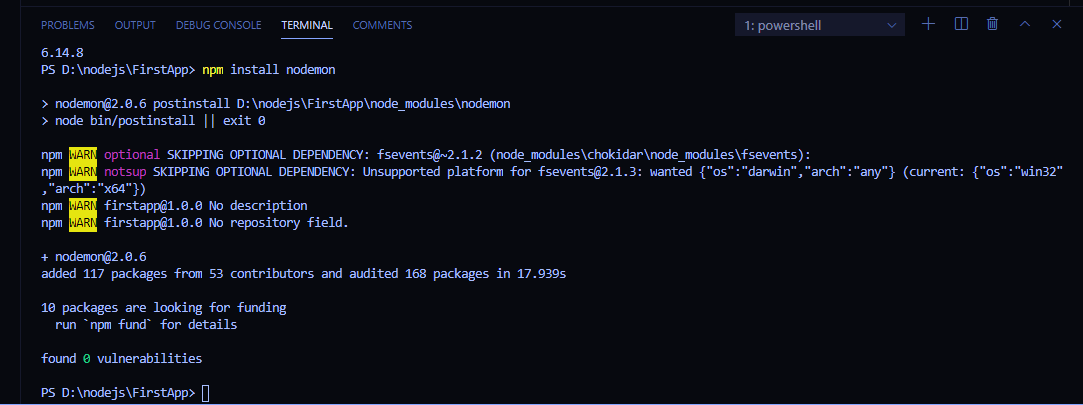

It also provides commands to create functions, connect to Azure, and deploy function projects. Install the Azure Functions Core ToolsĪzure Functions Core Tools includes a version of the same runtime that powers Azure Functions runtime that you can run on your local development computer. Unless otherwise noted, the examples in this article are for version 4.x. You can only install one version of Core Tools on a given computer. This version of the tools is only supported on Windows computers and is installed from an npm package. Supports version 1.x of the Azure Functions runtime. Supports version 3.x of the Azure Functions runtime, which reached end of life (EOL) for extended support on December 13, 2022. This is the recommended version of the Functions runtime and Core Tools. This version supports Windows, macOS, and Linux, and uses platform-specific package managers or npm for installation. Supports version 4.x of the Functions runtime. The version you use depends on your local development environment, choice of language, and level of support required.Ĭhoose one of the following version tabs to learn about each specific version and for detailed installation instructions: There are four versions of Azure Functions Core Tools. NET SDK is used by Core Tools to install extensions from NuGet.

Install extensions: To manually install extensions by using Core Tools, you must have the. This means that you must install one of these tools to be able to publish to Azure from Azure Functions Core Tools. Publish: Core Tools currently depends on either the Azure CLI or Azure PowerShell for authenticating with your Azure account. The specific prerequisites for Core Tools depend on the features you plan to use: Create a function from a trigger and language-specific template.Register trigger and binding extensions.Create a function app project from a language-specific template.Install the Core Tools and dependencies.


 0 kommentar(er)
0 kommentar(er)
